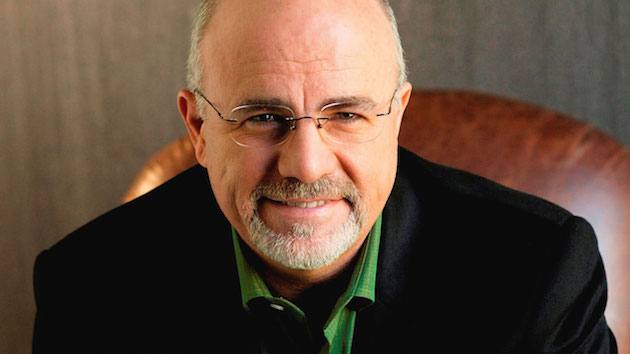Dave Says – Investigate your options

Need some financial advice? Debt and income crisis? Pay off the house first? Check cashing? Taxes? Credit Cards? Check out what folks are asking Dave Ramsey.
Investigate your options
Dear Dave,
I’m single and a firefighter, and we have a pension plus a 457(b) retirement plan. I’m not contributing to the 457(b) right now, because I’m following your plan and in Baby Step 2, which is paying off debt. Our retirement plan is managed by a big life insurance company, but I know you don’t like the idea of using insurance companies when it comes to investing. Can you give me a little guidance?
Dustin
Dear Dustin,
I’d max out a Roth IRA, which would be $6,000 a year in your case, before I did anything with the 457(b). That may not take you to the level I recommend—which is putting 15 percent of your income toward retirement—so then I’d investigate the options offered by the insurance company that’s managing your 457(b).
When you have a look at the options available to you within the 457(b), you’ll need to pay special attention to two things—the fees, this is where they’ll kill you, and the rates of return. If they are somehow accessing mutual funds, and you can get stock market-like rates of return—I’m talking about a 10 to 12 percent average over many years—then I’d put some in there.
Still, warning sirens in my head go off when I hear that a life insurance company is running a 457(b). Investing through a life insurance company is a bad idea 100 percent of the time. Now, is it a bad enough idea in this case to avoid it altogether? It may be an okay idea in this specific instance, but chances are it won’t be anything you’ll look at later and be blown away by great results.
That kind of thing just isn’t going to happen when you wrap an insurance company, or life insurance, around investing. I mean, you don’t go to a transmission shop to get your muffler fixed. It’s just not what they do!
—Dave
Finances before, and after, the wedding
Dear Dave,
I’m getting married this summer, and I’m on Baby Step 4 of your plan. My fiancé is getting onboard with your advice, too, and she’s currently in the process of paying down her student loan debt. Would it be a good idea to go ahead, and put most of my emergency fund savings toward helping pay off her debt now?
Aaron
Dear Aaron,
You’ve got a generous heart, and I know you love this lady, but I wouldn’t recommend being involved in paying any of her debt until after the wedding. At that point, you two are joined together as one, and the concepts of “mine” and “hers” and “his” disappear. It all becomes “ours,” and you can adjust your money situation to reflect your marriage and your financial makeover as a couple.
Make sure that “we” have an emergency fund of at least $1,000 in the bank at that point. Then, if you’re both in agreement on the issue, you can throw the rest of what you previously had in your emergency fund at the debt. Both of you can also pile up cash between now and the big day, so that when you’re “official” you’ll have even more cash on hand.
Congratulations, and may God bless your lives together!
—Dave
Length of coverage?
Dear Dave,
My husband and I are 24, we’re debt-free, and we’re just a few weeks of saving away from having a fully-funded emergency fund. Each of us has a 401(k) plan at work, and right now we’re concentrating on life insurance purchases. You always recommend term insurance, but how long should the coverage last?
Jenny
Dear Jenny,
Congratulations on being super smart with your money! It sounds like you two are starting out on the right foot.
Generally, I recommend 15- or 20-year level term policies—unless you have children. Since you didn’t mention any kids, I can only assume they’re not in the picture at this point. However, if you two decide to grow your family in the future, I’d advise converting those to 30-year term policies. You’ll want the insurance there to protect everyone in the family, until the kids are grown and out on their own. In the years after, continued saving and wealth building will lead you to a point where you’re both self-insured.
You two have done an excellent job with your finances. Keep up the good work!
—Dave
Dave Says – A teachable moment








